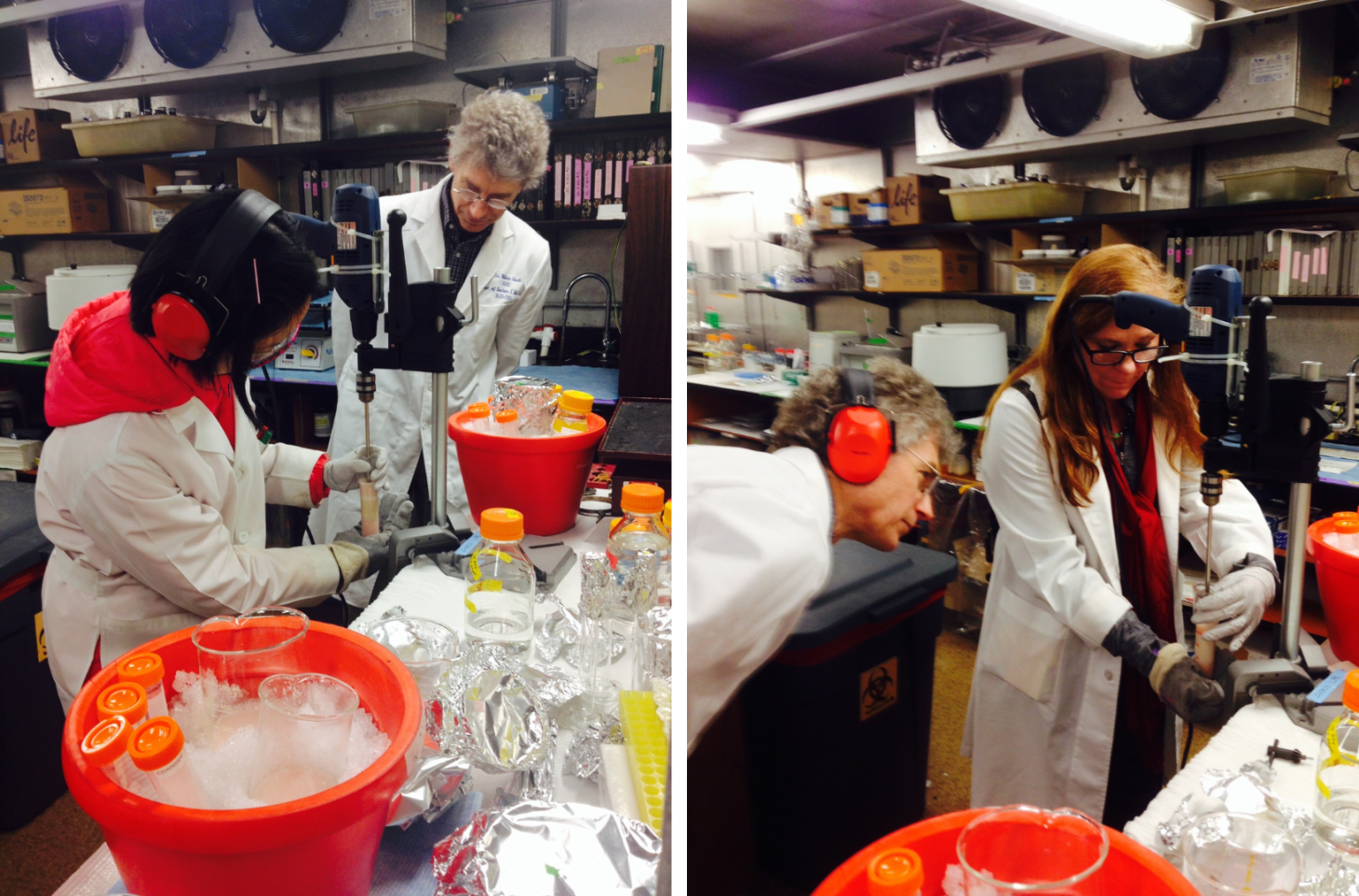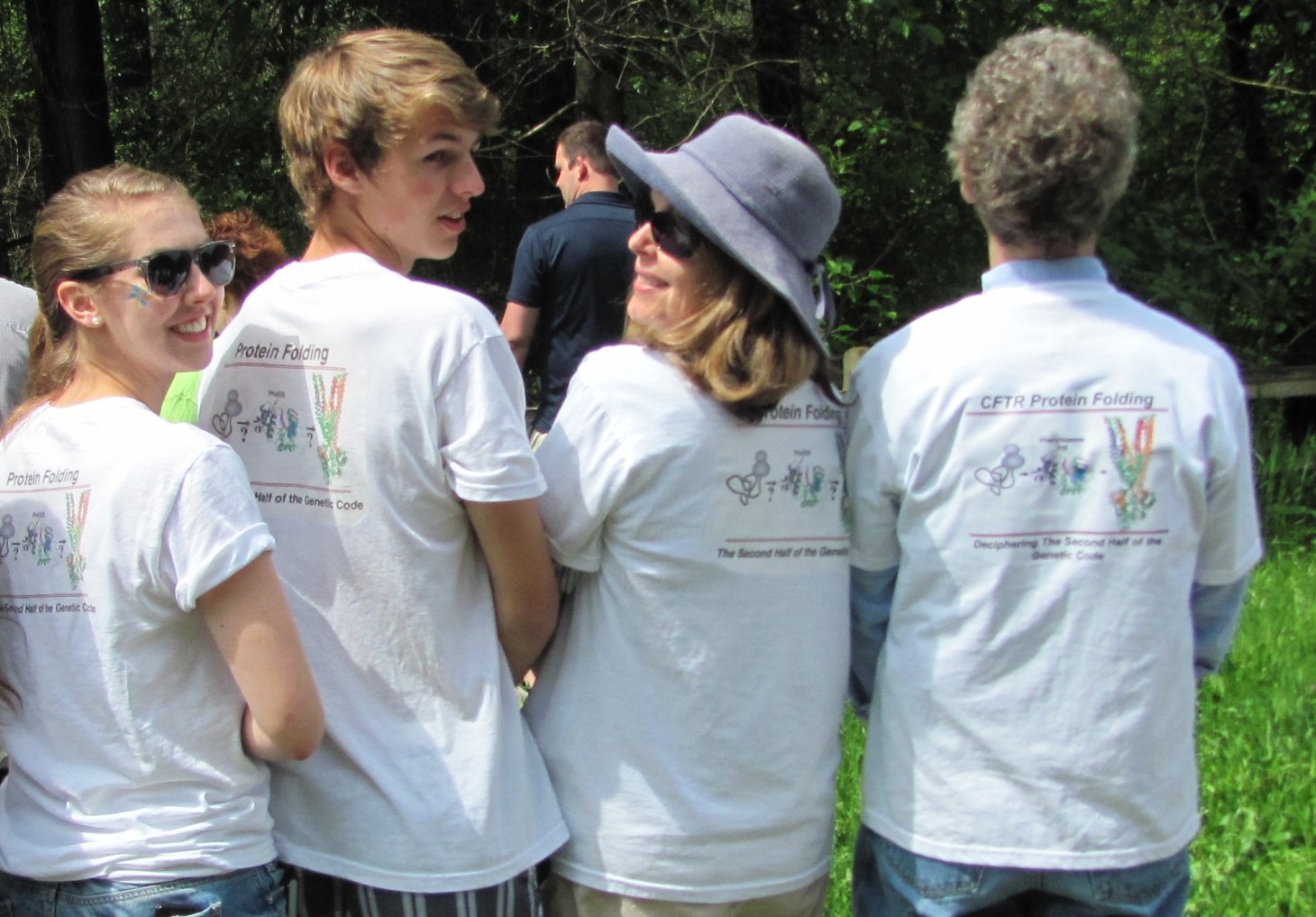He has attended more than a hundred national and international conferences, including Gordon Research, Federation of American Societies for Experimental Biology (FACEB), the American Heart Association, the American Society of Clinical Investigation (ASCI), and the CF Foundation. There, he presented new research data, remained updated on the latest developments, and developed connections with industry leaders.
Over time, Skach connected with leadership at the CF Foundation. For nearly a decade, he worked with a team of about ten scientists to study multiple mutations causing cystic fibrosis.
One evening, while shining slides up on a wall in a colleague’s darkened living room and discussing data together, they realized that it might be possible to efficiently correct the most common mutation that causes cystic fibrosis — one that affects more than two thirds of patients. The CF Foundation wanted to help make this possibility into a reality, and over a span of 25 years — they did.
“I think the definition of success is having options. Oregon State can open doors. It can take things that are out of reach and put them into people's reach.”
This set the stage to develop medications that treated multiple types of mutations. “About that time when these medications were starting to hit the market, one of the leaders at the foundation approached me and said, ‘Bill, do you want to come work for us?’ It sounded like a really exciting thing to do,” Skach said. “I’d never done anything like it.”
In 2014, he moved to Bethesda, Maryland to lead the research discovery and preclinical drug development programs at the CF Foundation. Under his direction, the organization funded hundreds of laboratories and companies worldwide and revived its research conferences, fostering a new generation of scientists to develop genetic-based therapies for treating cystic fibrosis.
In a span of eight years, the foundation helped push five new miracle medications to market that have transformed cystic fibrosis care and longevity.






